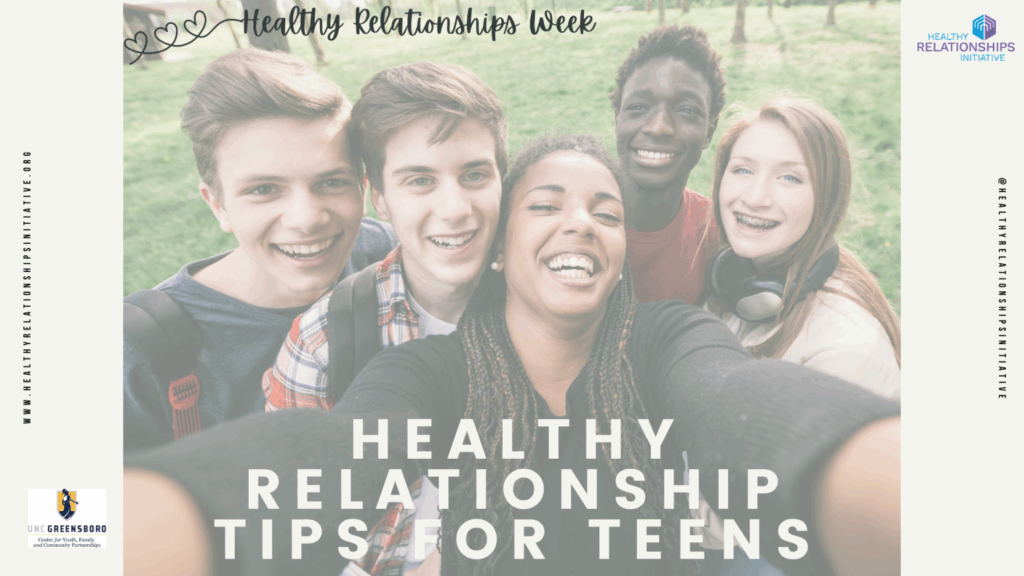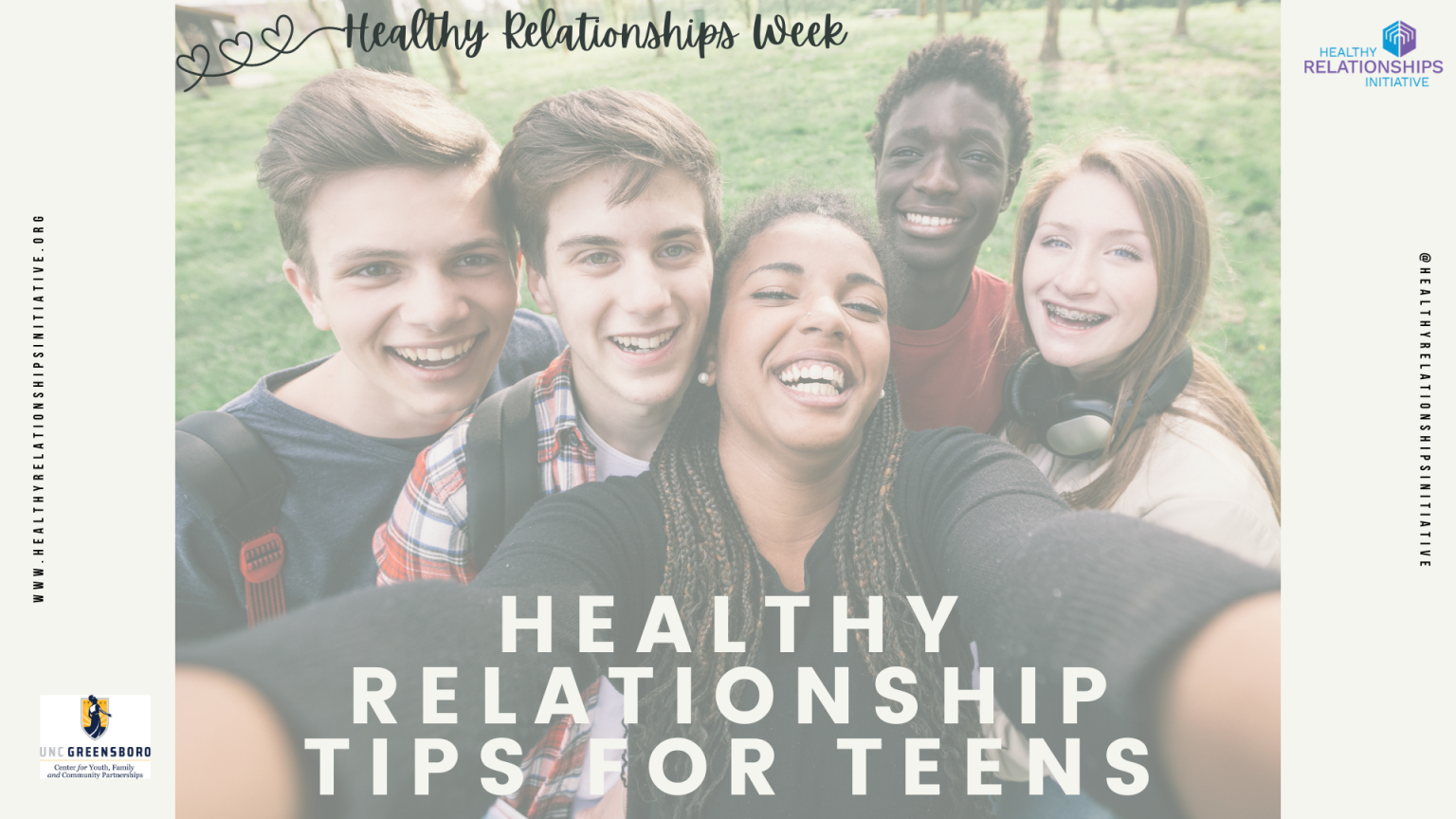
Navigating the Maze: Essential Tips for Teenage Relationships
Teenage relationships are often portrayed in movies and television as dramatic, all-consuming experiences. While they can be intense and formative, understanding the fundamentals of healthy relationships is crucial for teenagers. This article aims to provide practical tips for teenage relationships, focusing on communication, respect, and personal growth. It’s about building connections that are both fulfilling and contribute positively to the individual lives of those involved. Navigating teenage relationships can be complex, but with the right guidance, these experiences can be valuable learning opportunities. Let’s explore these essential tips for teenage relationships.
Understanding the Basics of Healthy Relationships
Before diving into specific tips, it’s important to understand what constitutes a healthy relationship. A healthy relationship, at any age, is characterized by mutual respect, open communication, trust, and support. It’s a partnership where both individuals feel valued, heard, and safe. In the context of teenage relationships, these elements are even more critical as teenagers are still developing their identities and learning how to navigate complex emotions.
- Mutual Respect: Recognizing and valuing each other’s opinions, feelings, and boundaries.
- Open Communication: Sharing thoughts and feelings honestly and respectfully.
- Trust: Believing in each other and being reliable.
- Support: Offering encouragement and understanding during both good times and challenging times.
Communication is Key
Effective communication is the cornerstone of any successful relationship, and this is especially true for teenage relationships. Teenagers often struggle with expressing their feelings and needs, leading to misunderstandings and conflicts. Learning to communicate openly and honestly is essential for navigating the ups and downs of a relationship.
Active Listening
Active listening involves paying attention not only to what your partner is saying but also to their body language and tone of voice. It means being fully present in the conversation and showing genuine interest in what they have to say. Ask clarifying questions and summarize their points to ensure you understand them correctly. This demonstrates that you value their perspective and are committed to understanding their point of view. This is a vital tip for teenage relationships.
Expressing Your Feelings Clearly
Learning to express your feelings in a clear and respectful manner is crucial. Use “I” statements to communicate your emotions without blaming or accusing your partner. For example, instead of saying “You always make me angry,” try saying “I feel angry when…” This approach allows you to take ownership of your feelings and express them in a way that is less likely to provoke defensiveness.
Conflict Resolution
Conflicts are inevitable in any relationship. The key is to learn how to resolve them constructively. Avoid raising your voice, name-calling, or bringing up past grievances. Focus on the issue at hand and work together to find a solution that works for both of you. Compromise is often necessary, and it’s important to be willing to meet your partner halfway. Remember, the goal is to resolve the conflict, not to win an argument. Consider these tips for teenage relationships carefully.
Respecting Boundaries
Respecting boundaries is a fundamental aspect of any healthy relationship. Boundaries are personal limits that define what you are comfortable with and what you are not. In teenage relationships, it’s crucial to establish and respect each other’s boundaries, whether they are physical, emotional, or social.
Physical Boundaries
Physical boundaries involve personal space and physical touch. It’s important to communicate your comfort levels regarding physical affection and to respect your partner’s boundaries as well. Never pressure your partner to do anything they are not comfortable with. Consent is essential in all physical interactions. These are important considerations for teenage relationships.
Emotional Boundaries
Emotional boundaries involve sharing personal information and emotional vulnerability. It’s important to share your feelings at a pace that feels comfortable for you and to respect your partner’s emotional boundaries as well. Avoid oversharing or pressuring your partner to share more than they are ready to. Emotional boundaries also involve respecting each other’s privacy and avoiding gossip or sharing personal information with others without permission.
Social Boundaries
Social boundaries involve spending time with friends and family outside of the relationship. It’s important to maintain your individual social lives and to respect your partner’s need for space and independence. Avoid isolating your partner from their friends and family or becoming overly possessive. A healthy relationship allows both individuals to maintain their own identities and social connections. These are critical tips for teenage relationships.
Maintaining Individuality
One of the biggest challenges in teenage relationships is maintaining individuality. It’s easy to get caught up in the relationship and lose sight of your own interests, goals, and identity. However, it’s crucial to remember that you are an individual with your own unique qualities and aspirations. Maintaining your individuality is essential for your personal growth and for the health of the relationship.
Pursuing Your Interests
Continue to pursue your hobbies, interests, and passions outside of the relationship. This will not only keep you engaged and fulfilled but also give you something to share with your partner. Having your own interests will also make you a more interesting and well-rounded person. This is a key piece of advice for teenage relationships.
Spending Time with Friends and Family
Make time to spend with your friends and family, even when you are in a relationship. Your friends and family are an important source of support and connection, and it’s important to maintain those relationships. Avoid neglecting your friends and family in favor of spending all your time with your partner. Remember, a healthy relationship complements your existing relationships, it doesn’t replace them.
Setting Personal Goals
Continue to set and pursue your personal goals, whether they are academic, career-related, or personal. Having your own goals will give you a sense of purpose and direction in life. It will also help you to maintain your individuality and avoid becoming overly dependent on your partner. Remember, you are responsible for your own happiness and fulfillment. Consider these tips for teenage relationships.
Dealing with Challenges
All relationships face challenges, and teenage relationships are no exception. It’s important to be prepared to deal with these challenges in a healthy and constructive manner. Some common challenges in teenage relationships include jealousy, insecurity, peer pressure, and long-distance relationships.
Jealousy and Insecurity
Jealousy and insecurity are common emotions in teenage relationships. It’s important to address these feelings openly and honestly with your partner. Communicate your concerns and try to understand the root cause of your jealousy or insecurity. Building trust and reassurance can help to alleviate these feelings. If jealousy and insecurity become overwhelming, consider seeking professional help. Addressing these issues early is a vital tip for teenage relationships.
Peer Pressure
Peer pressure can be a significant challenge in teenage relationships. It’s important to stay true to your values and beliefs, even when faced with pressure from your peers. Never do anything that you are not comfortable with, regardless of what your friends may think. Remember, your relationship should be based on mutual respect and consent. These are important considerations for teenage relationships.
Long-Distance Relationships
Long-distance relationships can be challenging, especially for teenagers. It’s important to maintain open communication and to make an effort to stay connected. Schedule regular phone calls, video chats, or visits. Find creative ways to stay involved in each other’s lives, such as sending care packages or watching movies together online. Trust and commitment are essential for making a long-distance relationship work.
Knowing When to End a Relationship
Sometimes, despite your best efforts, a relationship may not be healthy or sustainable. It’s important to recognize when a relationship is no longer serving you and to have the courage to end it. Some signs that it may be time to end a relationship include constant conflict, lack of respect, abuse (physical, emotional, or verbal), and a general feeling of unhappiness or dissatisfaction. It’s also important to remember that you deserve to be in a relationship that makes you feel valued, respected, and loved. If the relationship is causing you more pain than joy, it may be time to move on. Ending a relationship can be difficult, but it’s important to prioritize your own well-being and happiness. These are crucial tips for teenage relationships.
Seeking Support
Navigating teenage relationships can be challenging, and it’s important to seek support when you need it. Talk to your parents, friends, teachers, or a trusted adult about your relationship. They can offer valuable advice and support. If you are experiencing abuse or violence in your relationship, seek professional help immediately. Remember, you are not alone, and there are people who care about you and want to help. These are valuable tips for teenage relationships.
In conclusion, teenage relationships can be a valuable learning experience. By focusing on communication, respect, individuality, and seeking support when needed, teenagers can build healthy and fulfilling relationships. Remember to prioritize your own well-being and happiness and to have the courage to end a relationship that is no longer serving you. Applying these tips for teenage relationships will help you navigate the complexities of teenage romance.
[See also: The Importance of Communication in Relationships]
[See also: Building Trust in Romantic Partnerships]
[See also: Recognizing Red Flags in a Relationship]

